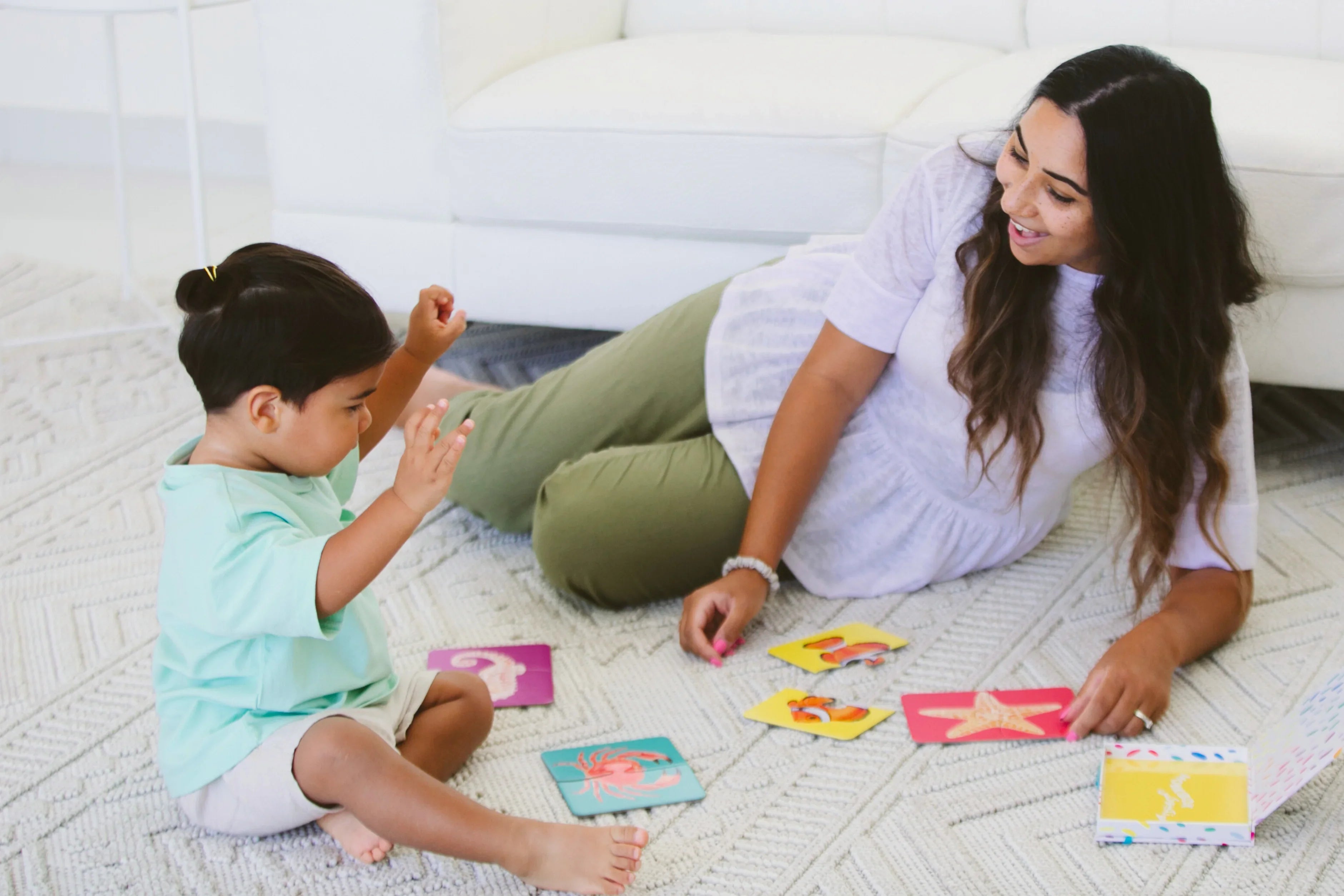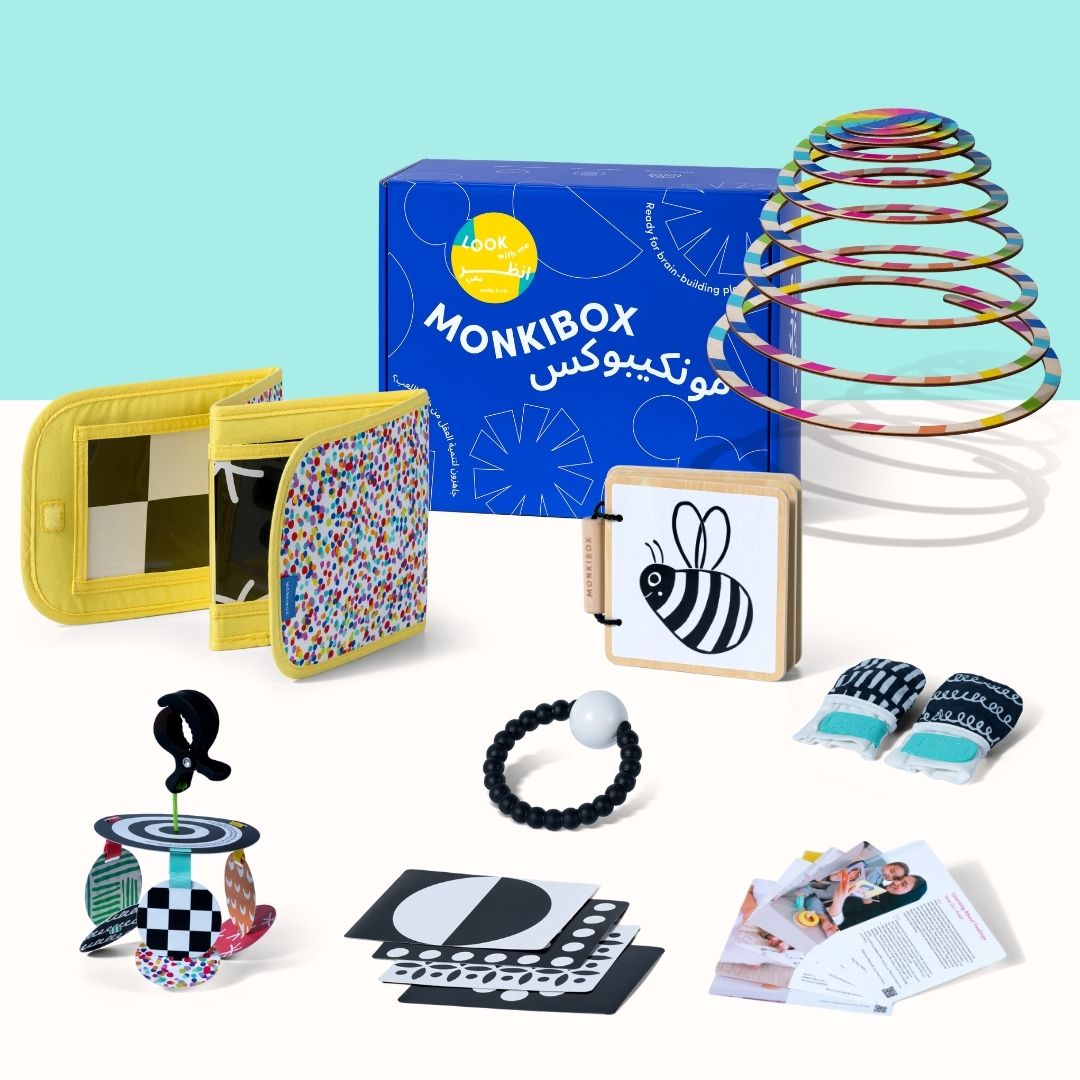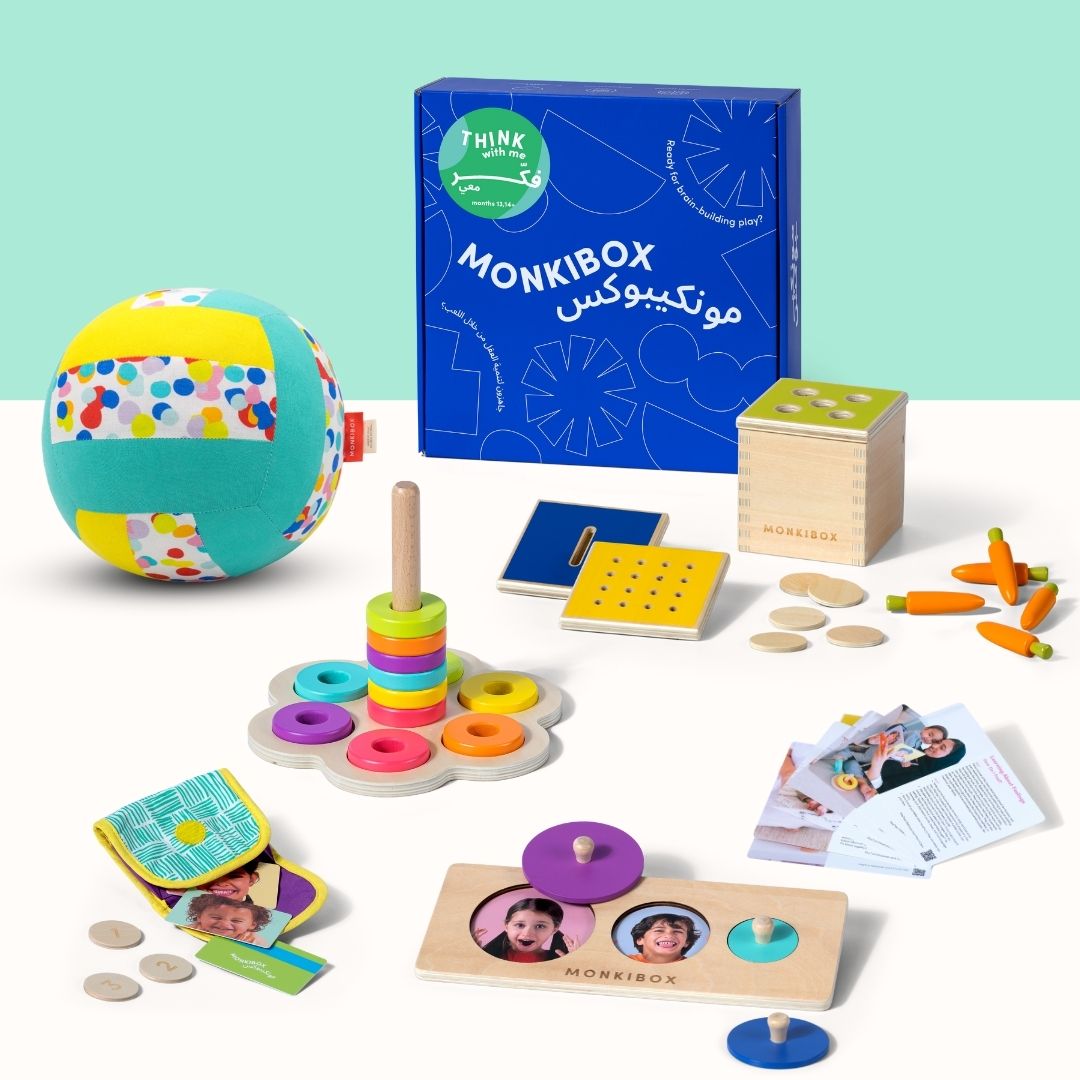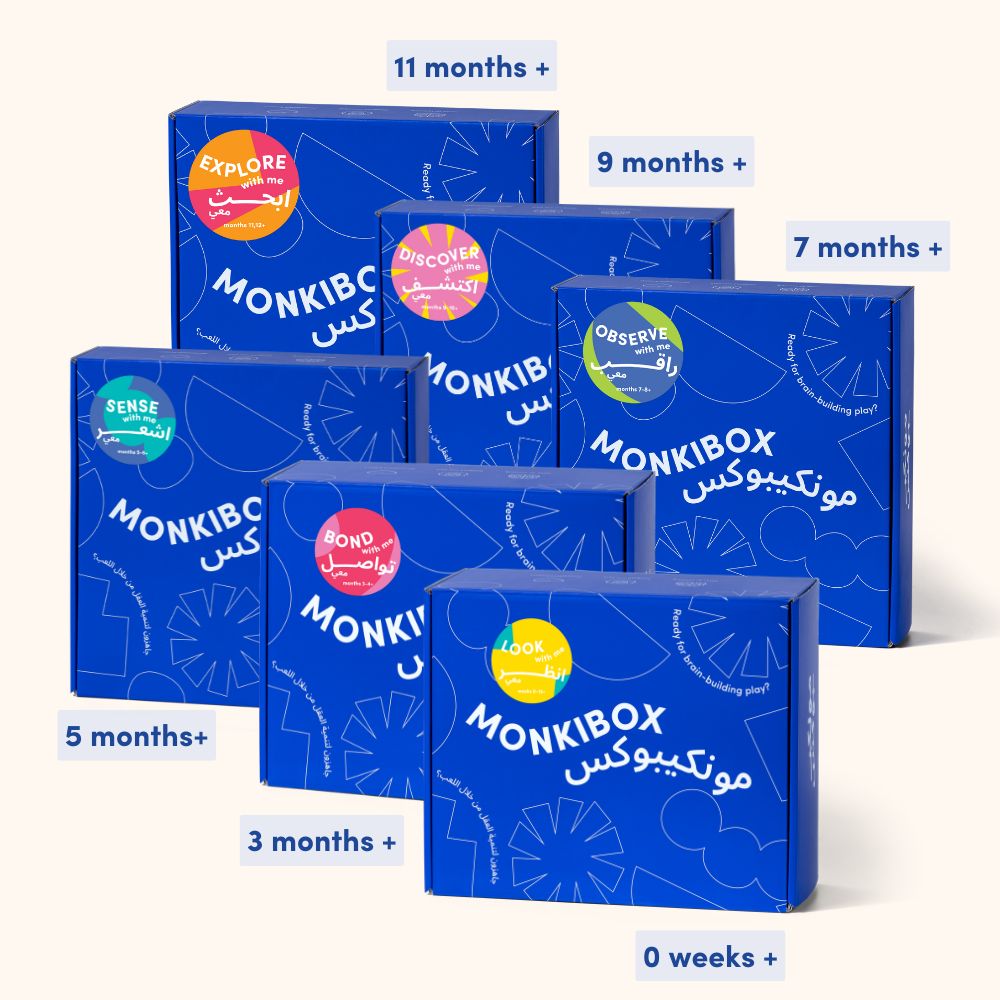Language development is one of the most exciting milestones in a toddler’s life. It’s a diverse and evolving process that unfolds at different rates for each child. While your toddler may be focused on other activities, their language skills are developing simultaneously, often in surprising ways.
1. Using First Words
Between 15 to 18 months, toddlers typically start using 10 to 15 words regularly. These words are often related to people, objects, or actions they encounter daily, like “mama,” “dada,” or “ball.” Encourage this by repeating words and introducing new vocabulary in everyday situations.
2. Following Two-Part Directions
Around 18-24 months, your toddler will begin to understand and respond to two-part directions, such as "Rub your head and pat your belly." Using simple, clear instructions helps them practice this skill, which is vital for their cognitive and language development.
3. Forming Two-Word Phrases
Between 20-24 months, your toddler may start combining words to form simple phrases like “more juice” or “stop pushing.” These early attempts at sentences are a big step toward more complex speech, and they signal that your child is starting to grasp the basics of grammar and syntax.
4. Imitating Environmental Sounds
By around 21 months, toddlers often enjoy imitating sounds they hear in their environment, such as animal noises or the hum of an engine. This imitation is a key part of language learning, as it helps them connect sounds with meanings.
5. Singing and Self-Talk
At this stage, toddlers may begin to sing recognizable words from familiar songs or engage in self-talk, where they speak to themselves while playing. These activities are not only fun but also crucial for practicing language in a low-pressure environment.
Your toddler’s journey into language is filled with small but significant milestones. Each word, phrase, and sound they master is a building block for more complex communication. By encouraging and participating in their language development, you’re helping them grow into confident communicators. Remember, every child progresses at their own pace, so celebrate each achievement, no matter how small.





